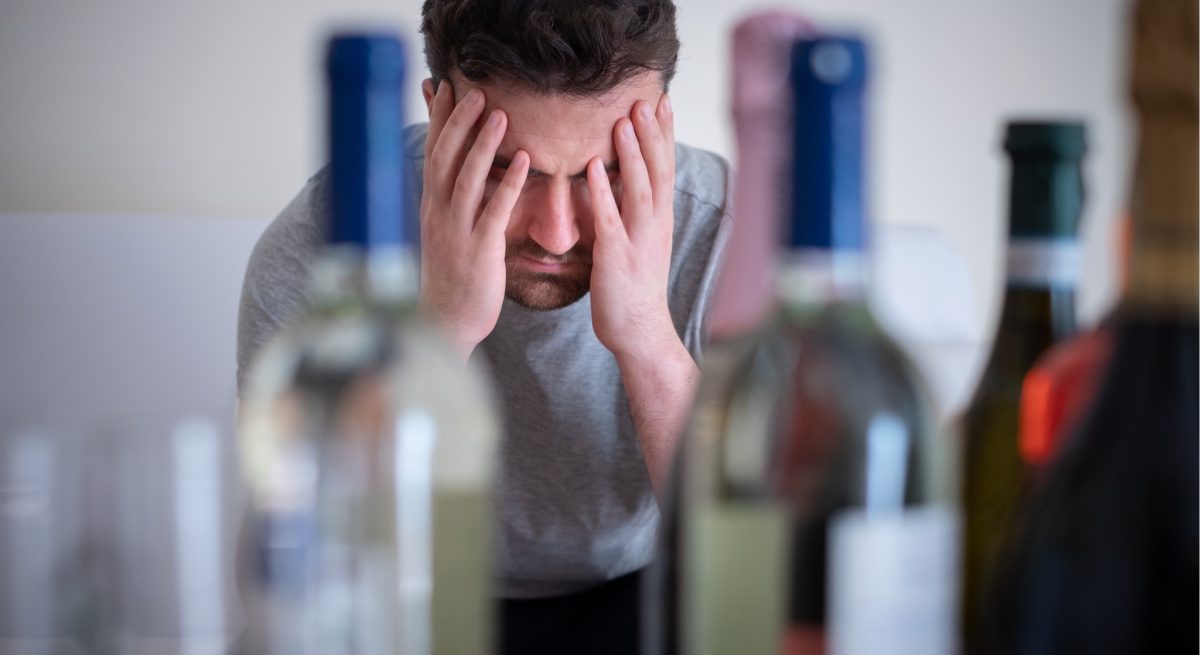Pandemic Hangover Coming for Restaurants and Municipalities
3 Min Read By Ken Trujillo
As though an existential crisis of biblical proportions were not enough, if past is prologue, the aftermath of COVID-19 may be as challenging for the restaurant industry as the pandemic itself. If they survive, restaurants and their suppliers stand to face local governments starved for new sources of tax revenue. Regardless of any federal short-term infusions of cash into city halls, city leaders will face structural issues that will have them searching for new avenues to replace money lost during this extended shutdown and upheaval.
Real estate, income and sales taxes are often the first local taxes that come to mind. However, most local governments have broad authority to tax a variety of goods and services which directly impact restaurateurs and their providers. Once the economy is up and running, many of those items may be tempting to lawmakers.
Impact to Philadelphia Restaurant ScenePhiladelphia is a case in point. Pre-COVID-19, Philadelphia has had an extraordinarily vibrant…
Sorry, You've Reached Your Article Limit.
Register for free with our site to get unlimited articles.
Already registered? Sign in!


